He went on to highlight what the Church is doing to support victims of the violence. He said, “The Church plays a fundamental role assisting the populations affected by the crisis in Goma. The Catholic and Protestant Churches have expressed their willingness to open a dialogue including the M23 in order to promote a peaceful solution to the crisis.”
The leaders of the two Christian churches, Br. Mulengezi told ACI Africa, “are actively advocating justice and reconciliation, calling on the conflicting parties to choose the path of dialogue rather than that of violence. Bishops and religious leaders regularly denounce human rights violations and call on the international community to act.”
“Missionaries and church organizations are actively involved humanitarian aid, distributing food and providing medical assistance to the wounded and sick,” he further said, adding, “Thanks to these actions, the Church continues to play an essential role in supporting the victims of war, providing them not only with material aid, but also with the spiritual and moral strength they need to get through this ordeal.”
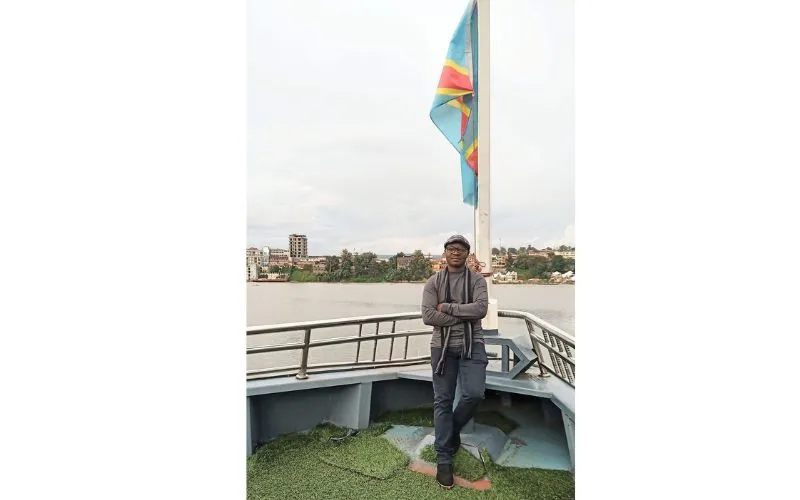 Br. Adolphe Mulengezi Mihingano. Credit: Br. Adolphe Mulengezi Mihingano
Br. Adolphe Mulengezi Mihingano. Credit: Br. Adolphe Mulengezi Mihingano
Pope Francis has repeatedly spoken about peace in the DRC, urging an end to violence and advocating for justice and reconciliation, Br. Mulengezi recalled, and explained, “Pope Francis' message on peace in the Democratic Republic of Congo (DRC) had a strong moral and spiritual resonance. The Pope often highlighted the suffering of the Congolese people, particularly in areas affected by armed conflict, and expressed his desire to see peace return to the region,” the Congolese Consolata missionary said.
(Story continues below)
He continued referring to Pope Francis, “His calls for reconciliation, justice and an end to violence encouraged humanitarian efforts and peace initiatives. His intervention also highlighted the dire situation of displaced people and victims of war, attracting the attention of the media and international actors.”
For the IMC member, “concrete impacts on the ground are harder to measure” and the “conflict is complex”.
“The DRC is a country where many local and international players have diverging interests. The conflict is complex, with numerous armed groups and internal political tensions, often exacerbated by external geopolitical and economic interests,” Br. Mulengezi said.
He added, “The Pope's words, important in inspiring solidarity and encouraging dialogue, cannot on their own change the reality on the ground, where violence, attacks and human rights violations persist. His call for peace can help inspire local actors, humanitarian organizations and political authorities to continue to seek lasting solutions and renew their commitment to peace.”
Addressing young people in the DRC, Br. Mulengezi advocated for resilience. He said, “Don't let the darkness of violence and despair prevent you from seeing the light of hope and the future. You are the generation of change, the force that can rebuild your country and offer a better future. Yes, the situation is difficult, but every crisis carries with it an opportunity for transformation.”
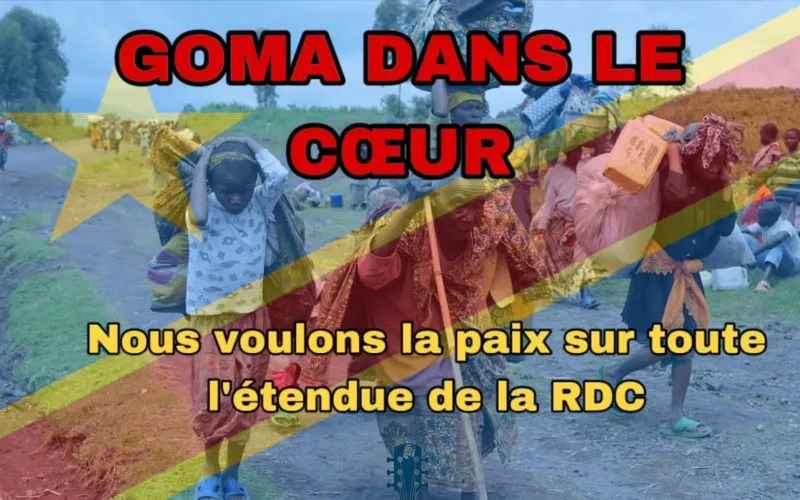 Credit: Br. Adolphe Mulengezi Mihingano
Credit: Br. Adolphe Mulengezi Mihingano
“Remember that peace is not built by weapons alone, but above all by the unity, solidarity and resilience of individuals,” he further said.
The Congolese IMC member went to caution young people in DRC against despair, saying, “Do not lose hope. Seek justice, reconciliation and love, for these are the values that will guide you towards a more stable and prosperous future. Violence is not your destiny.”
“You have within you the capacity to dream, to act and to create a future where peace, dignity and prosperity can finally reign. Join the voices calling for peace; be the architects of your own future. The world is watching, and it needs your courage, your wisdom and your hope,” Br. Mulengezi said during the February 6 interview with ACI Africa.
Jude Atemanke is a Cameroonian journalist with a passion for Catholic Church communication. He holds a Bachelor’s Degree in Journalism and Mass Communication from the University of Buea in Cameroon. Currently, Jude serves as a journalist for ACI Africa.
 Br. Adolphe Mulengezi Mihingano of the Institute of the Consolata Missionaries (IMC) pursuing further studies in Rome. Credit: Br. Adolphe Mulengezi Mihingano
Br. Adolphe Mulengezi Mihingano of the Institute of the Consolata Missionaries (IMC) pursuing further studies in Rome. Credit: Br. Adolphe Mulengezi Mihingano


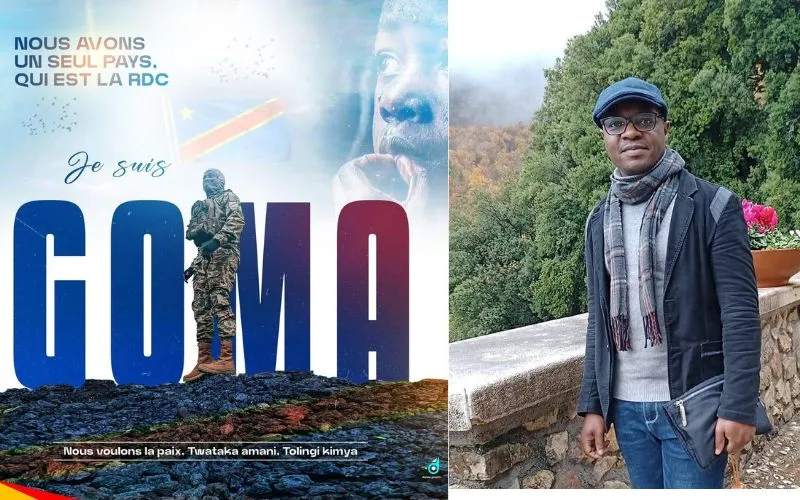
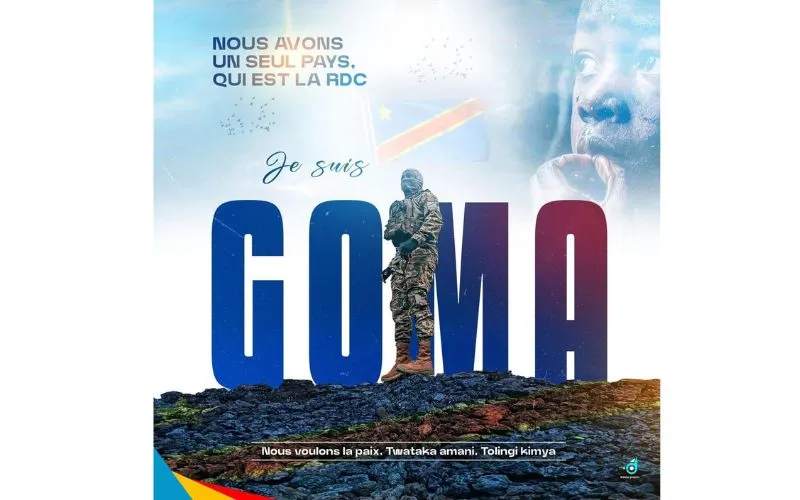 Credit: Br. Adolphe Mulengezi Mihingano
Credit: Br. Adolphe Mulengezi Mihingano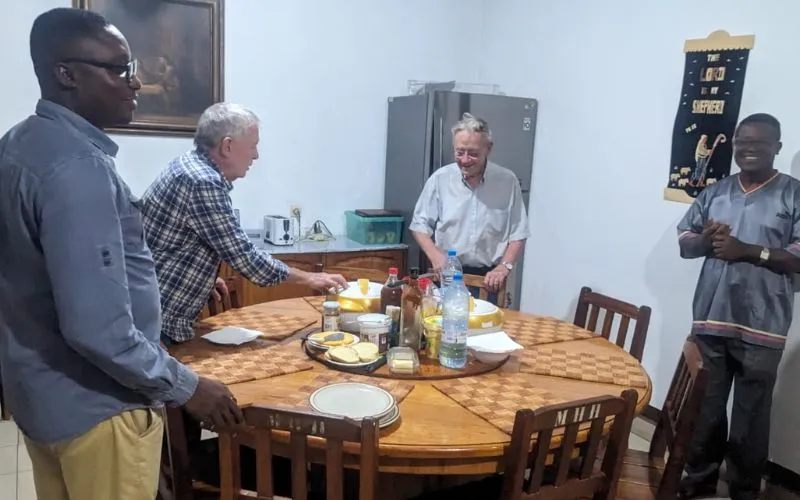
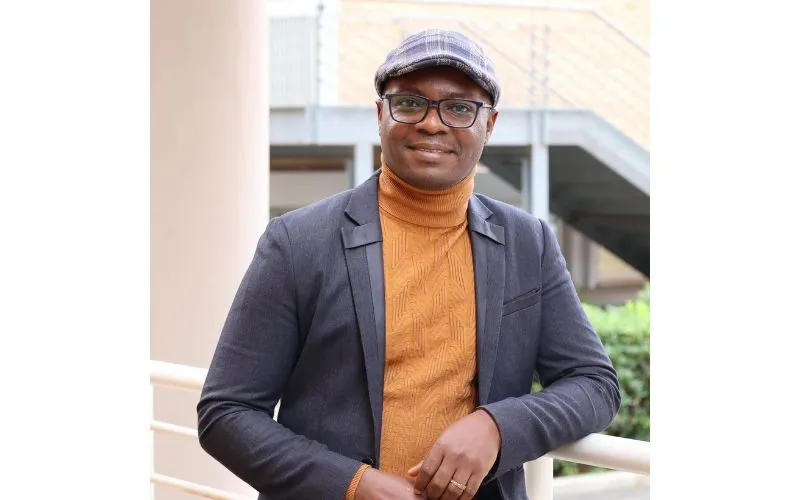 Br. Adolphe Mulengezi Mihingano. Credit: Br. Adolphe Mulengezi Mihingano
Br. Adolphe Mulengezi Mihingano. Credit: Br. Adolphe Mulengezi Mihingano Br. Adolphe Mulengezi Mihingano. Credit: Br. Adolphe Mulengezi Mihingano
Br. Adolphe Mulengezi Mihingano. Credit: Br. Adolphe Mulengezi Mihingano Credit: Br. Adolphe Mulengezi Mihingano
Credit: Br. Adolphe Mulengezi Mihingano


